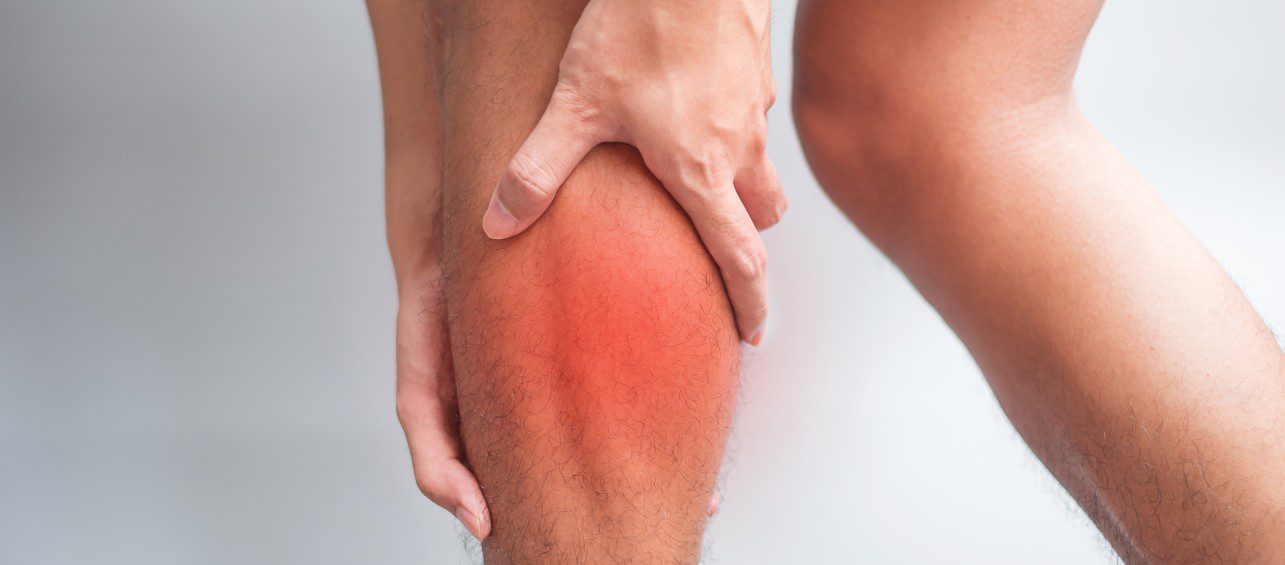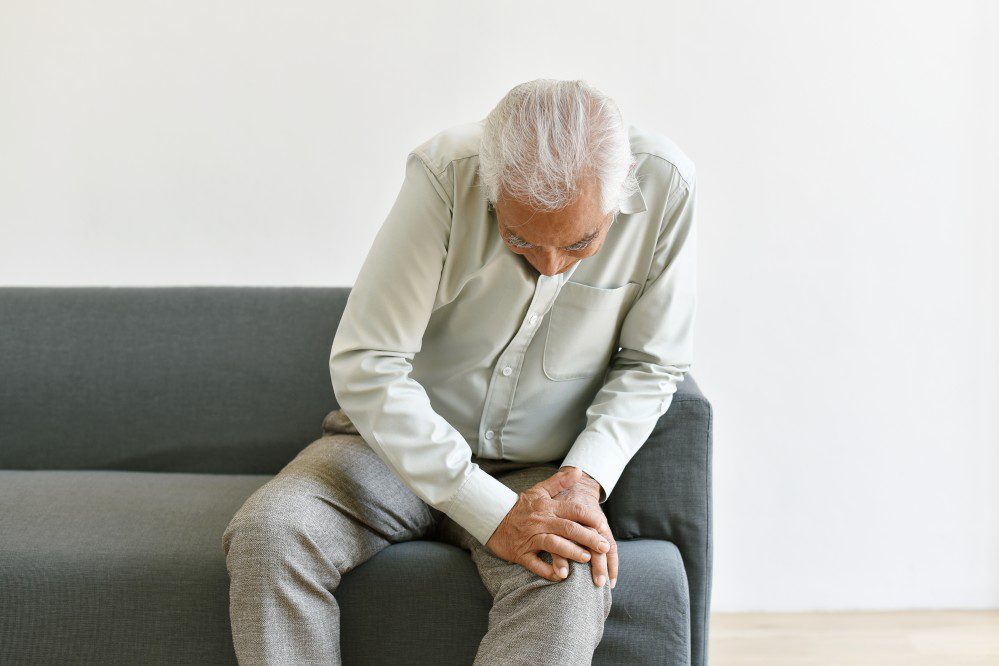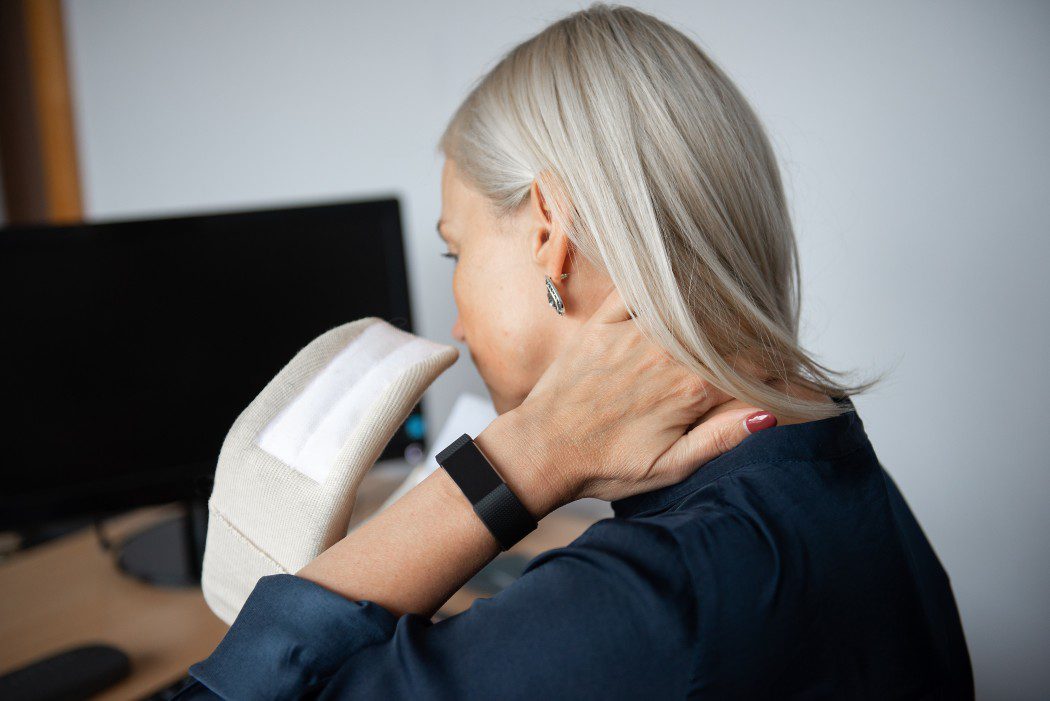
Leg Pain Treatments
Leg Pain Treatment Options
Causes
Symptoms
Treatment
Tips
Common Leg Pain Causes
Most cases of leg pain are caused by damage to the muscles, ligaments, tendons, or bones or by misuse or overuse of the joints and bones in the body. Other causes of leg pain include blood clots, varicose veins, and poor blood circulation.
When issues in the lumbar spine are present, they can radiate down the legs and cause pain. You should never self-diagnose leg pain; instead, consult a doctor or other qualified medical professional for an accurate diagnosis.
It's not uncommon to experience pain in your legs due to any of these frequent causes.
- Achilles tendonitis
- ACL injury
- Bursitis (joint inflammation)
- Cramps
- Deep vein thrombosis (DVT)
- Knee bursitis
Misuse, injury, or abuse of the leg during strenuous physical activity, such as climbing or jogging on rocky terrain, can lead to these conditions.
Common Leg Pain Symptoms
There is a need for a proper diagnosis by a qualified professional because the symptoms of leg pain vary with the underlying medical condition or may have constant resemblance. A minor ache in the leg is irritating, but a severe one can make it difficult to walk or put any weight on that leg.
Leg pain can be chronic or sporadic; it can strike suddenly or grow over time; it can affect the entire leg or just a part of it; and it can occur anywhere along the leg or in specific joints, such as the shin or knee.
Some people describe it as stabbing, while others as acute, dull, painful, or tingly. If you experience the following symptoms, you should visit a doctor.
- You have calf symptoms like pain, edema, redness, or warmth
- Your leg injury is accompanied by a popping or grinding sound.
- The onset of severe, unexplained leg symptoms
- You suffer from a severe leg wound that has left bone or tendon exposed
- You can't bear weight on your affected limb or walk or experience pain before or after walking.
- You have muscle tightness or pain in the calf, especially after sitting for a long time.
Other symptoms often accompany leg pain. You should also see a doctor if you experience any of the following: increasing fever, redness, or discomfort; a temperature exceeding 100°F (37.8 C); swelling; a pale face; or unusual chilliness in the affected leg.
Common Treatments
In most cases, you can treat minor leg discomfort effectively at home. This can be done through home therapy, such as massages accompanied by some pain relief medication.
Other severe conditions may require invasive or non-invasive forms of pain management with advice from a doctor.
- Bone fractures are one possible underlying cause of leg pain that could necessitate surgical intervention.
- Physical therapists can also advise patients on the necessity of using orthotic devices or other medical assistance devices like canes, walkers, and wheelchairs.
- Acupuncture and massage are two complementary therapies that may alleviate leg discomfort.
- When OTC pain relievers aren't cutting it, your doctor may prescribe stronger medications after determining the root cause of your leg discomfort.
At Atlas Pain Specialists, we have qualified medical professionals to assess, treat, and manage all manners of pain. Leg pain can also originate from your lower back. See our treatment options section. Get rid of your leg pain once and for all by scheduling an appointment with us today.
At-Home Treatment Tips
Leg pain can be relieved through some practical techniques if it is mild and without the severe symptoms discussed. This can be done through home remedies such as the R.I.C.E (Rest, Ice, Compression, Elevation) technique.
To reduce mild discomfort and swelling:
- Put as little stress as possible on your leg.
- For 15-20 minutes, thrice a day, place an ice pack or a bag of frozen peas on the injured area.
- When sitting or lying down, keep your legs at a comfortable height.
- Over-the-counter pain medication.
Prevention is preferable to treatment when it comes to leg pain. The following measures can be taken to lessen the likelihood of developing health issues that could lead to nerve injury in the legs:
- Maintain a regular exercise schedule of 30 minutes five days a week.
- Don't let your weight get out of control.
- Leg soreness from exercise can be avoided by stretching your muscles before and after your workout.
- Foods high in potassium, such as bananas and chicken, can also prevent muscle and tendon injuries in the legs.
To learn more about how to avoid your leg pain's root cause, consult your doctor.

Chronic Pain

Neck Pain
Ask us anything, or
schedule a same day
appointment.
